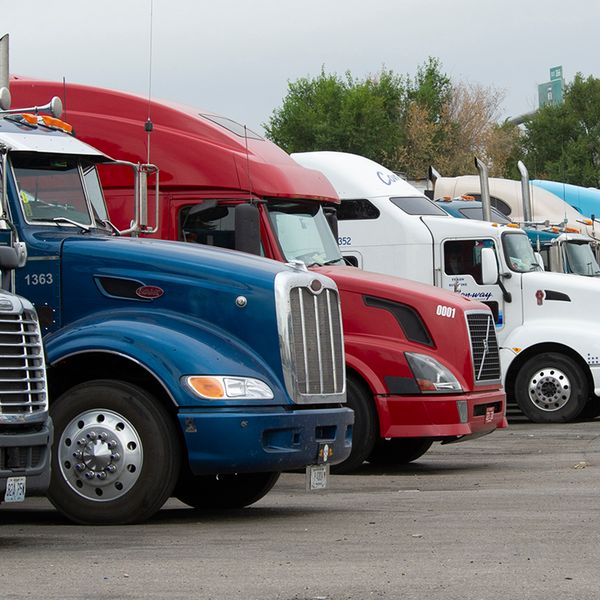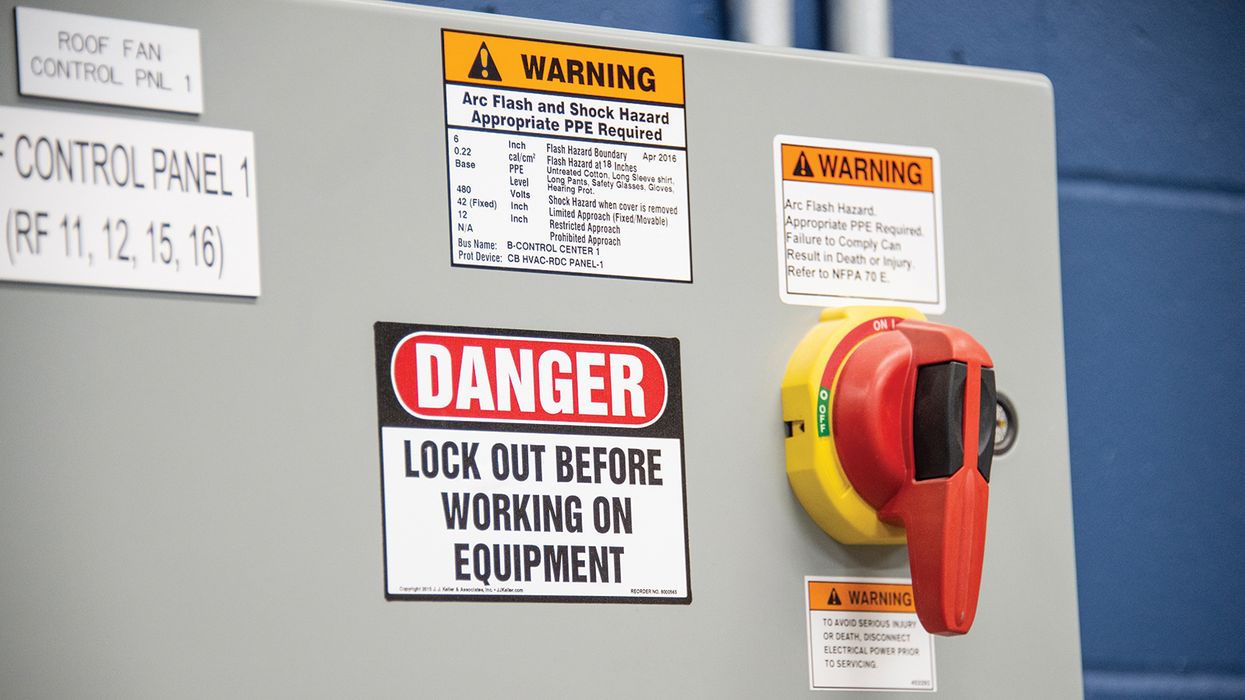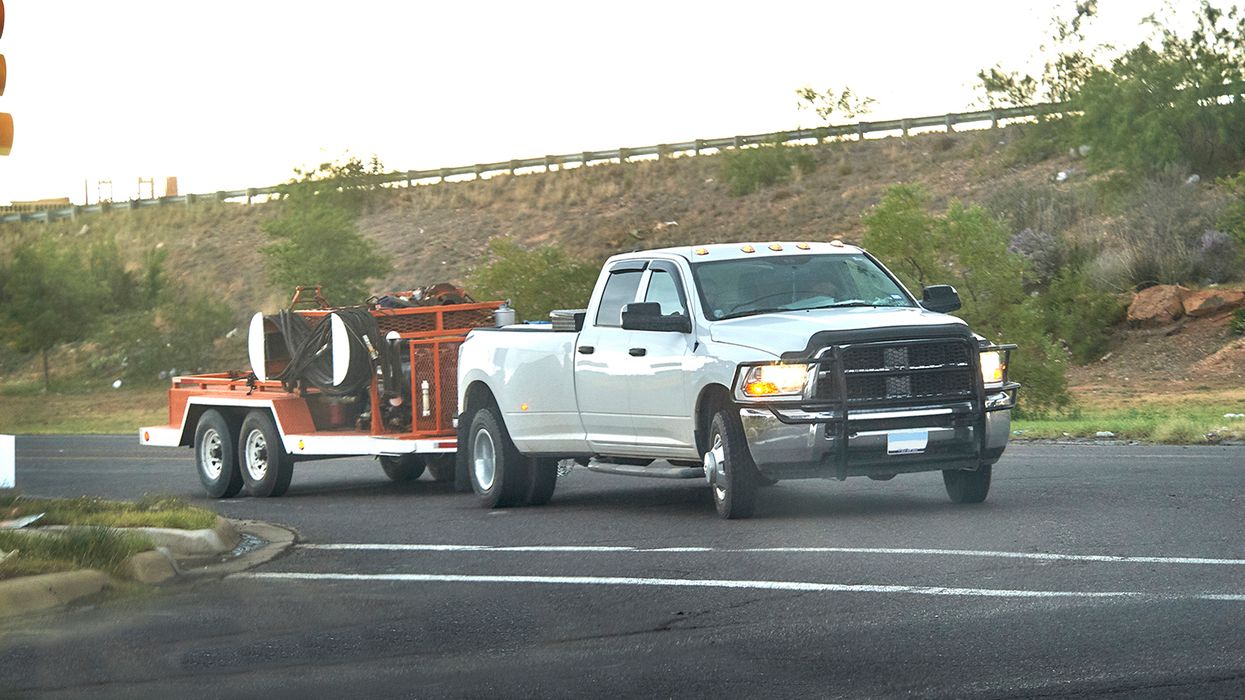Expert Insights: You can’t outsource your compliance obligations
Two recent enforcement cases serve as stark reminders that motor carriers cannot outsource their responsibilities for DOT compliance.
In separate rulings issued in late June, the Federal Motor Carrier Safety Administration (FMCSA) found that two motor carriers failed to comply with random drug and alcohol testing requirements, despite claims they had contracted with service agents to manage their programs. The agency imposed fines of $8,680 and $14,480, respectively.
Misplaced trust in a broker
In the first case, the company argued that it had enrolled in a random testing program administered by a broker. The broker told FMCSA investigators that it was “helping out” the motor carrier by offering to do their random testing. However, the broker did not maintain a current list of the carrier’s drivers and had not contacted the carrier for testing in at least two years.
Neither party could produce records showing enrollment or testing activity. The motor carrier tried to show a good-faith effort by producing a single random-selection letter dated after the FMCSA investigation was complete, but it was deemed insufficient and noncompliant since it gave the driver two months to complete the random test.
The FMCSA emphasized that while carriers may use service agents, they remain fully responsible for ensuring compliance. As stated in the ruling, a motor carrier’s “good faith use of a service agent is not a defense in an enforcement action.”
Conflicting records
In the second case, the company claimed it was enrolled in a third-party consortium that pooled together drivers from multiple motor carriers. FMCSA investigators found, however, that its drivers were actually in an individual testing pool managed by a different provider.
As a result, the company randomly tested only six drivers in 2021 when it should have tested 20. The company submitted conflicting annual-summary reports — one naming each provider as its third-party administrator — but failed to explain the discrepancy.
The FMCSA concluded that the carrier had not met its testing obligations and upheld the proposed penalty of nearly $14,500.
Lessons learned
These cases highlight several critical takeaways for motor carriers:
- You can delegate tasks, but not responsibility. Even when using a consortium or third-party administrator (C/TPA), the motor carrier is ultimately accountable for compliance with DOT testing rules.
- Documentation is essential. Carriers must maintain clear, timely, and accurate records showing enrollment, selections, and completed tests.
- Verify your provider’s performance. Don’t assume your C/TPA is meeting the required testing rates. Regular audits and communication are key.
- Be cautious with post-violation fixes. Corrective actions taken after an investigation may not reduce penalties unless they significantly address the root problem.
In both cases, the FMCSA makes clear that motor carriers must actively oversee their own drug and alcohol testing programs; outsourcing is not a shield against enforcement. Take steps today to ensure your service providers are compliant.


























































